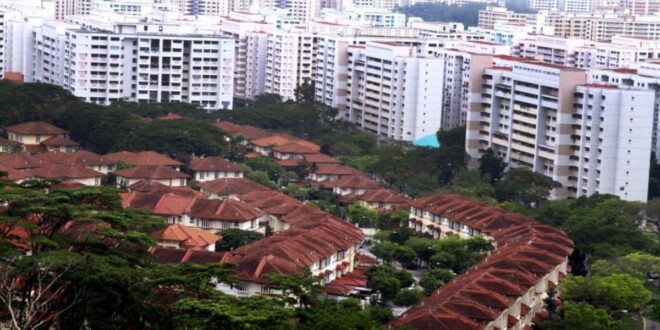Singapore offers a thriving property market with a range of investment opportunities.
Expats looking to purchase property in the city-state must navigate specific regulations, costs, and financing options.
While homeownership can provide long-term financial benefits, it comes with strict legal frameworks and additional taxes for foreign buyers.
Can Expats Buy Property in Singapore?
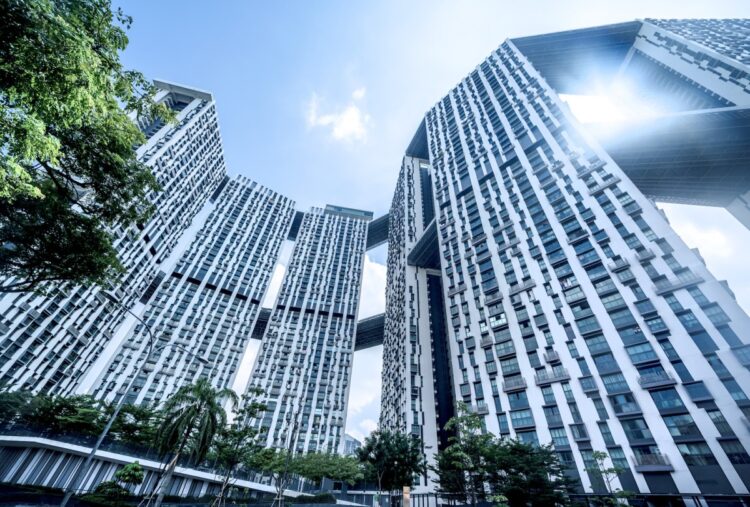
Singapore enforces specific property ownership rules under the Residential Property Act, limiting access to certain types of properties for non-citizens.
Legal Restrictions and Property Types Available for Expats
- Private Condominiums and Apartments – Foreigners can freely purchase these properties without restrictions.
- Executive Condominiums (ECs) – Available only after ten years, when the government-subsidized restrictions are lifted.
- Commercial Properties – Expats face fewer restrictions when buying office spaces, retail outlets, or industrial units.
- Landed Properties – Approval from the Singapore Land Authority is required, with Sentosa Cove being the exception, where foreign ownership is permitted.
Permanent Residents (PRs) and Their Privileges
PRs enjoy more flexibility, with access to resale HDB flats (under strict eligibility conditions) and fewer restrictions on landed properties. However, they still face additional stamp duties compared to Singapore citizens.
Buying vs Renting in Singapore
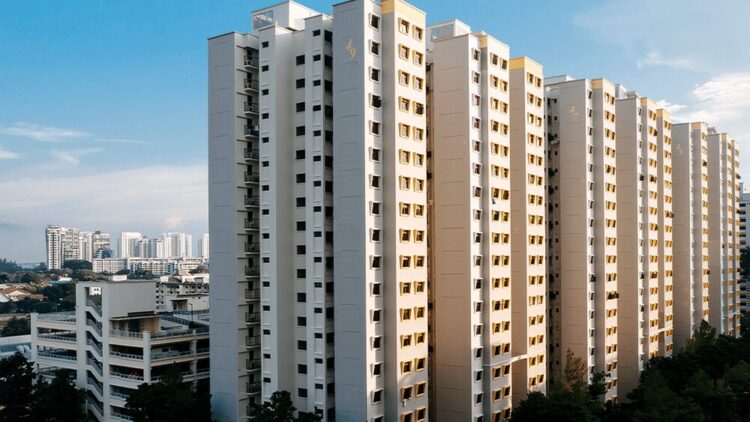
The decision to buy or rent depends on factors such as long-term financial goals, job security, and market trends.
Renting Pros and Cons
- Flexibility to relocate without being tied to a long-term investment.
- No responsibility for property taxes or maintenance fees.
- High rental prices, especially in central districts, can be a drawback.
Buying Pros and Cons
- Provides stability and potential appreciation in property value.
- Subject to significant upfront costs and stamp duties.
- Market conditions influence investment potential, and resale restrictions may apply in some cases.
Buying makes more financial sense when staying long-term, as rental costs can often exceed mortgage payments over time.
Costs & Taxes Involved in Buying Property
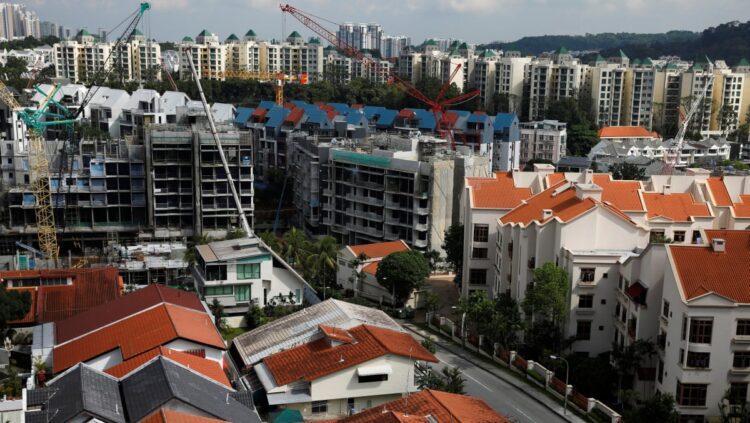
Singapore imposes multiple taxes and fees on property purchases, with foreigners facing some of the highest rates.
Stamp Duties and Other Costs
- Buyer’s Stamp Duty (BSD) – Applied to all property transactions, based on a tiered percentage of the purchase price.
- Additional Buyer’s Stamp Duty (ABSD) – Foreigners pay 60% of the property’s value unless exempted under free trade agreements (e.g., citizens of the U.S., Switzerland, and Norway).
- Legal and Administrative Fees – Covers property conveyancing, contract processing, and registration.
- Property Tax – Different rates apply depending on owner-occupancy status.
- Miscellaneous Costs – Valuation fees, home insurance, maintenance charges for condominiums, and agent commissions.
How to Finance a Property Purchase
Expats seeking property loans must navigate financing options through banks, as government-assisted schemes like CPF funds are not accessible to foreigners.
Mortgage and Loan Eligibility
Singaporean and international banks provide mortgage options, but loan approval depends on income, employment status, and credit history.
- Loan-to-Value (LTV) Limits – Foreigners generally qualify for lower LTV ratios, meaning a higher upfront down payment is required.
- Interest Rates – Competitive fixed and floating-rate mortgages are available, but rates may vary for foreign buyers.
Partnering with financial advisors and mortgage brokers can help expats secure favorable financing terms.
Steps to Buying Property in Singapore
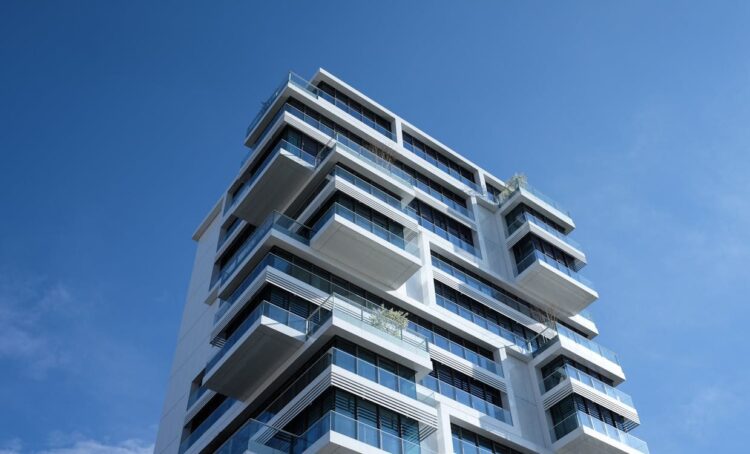
Now let us address the steps to buying property in Singapore.
1. Research and Shortlist Properties
Identify suitable properties based on budget, location, and lifestyle preferences. Popular developments such as Parktown Residence attract interest due to their amenities and prime locations.
2. Secure Financing and Mortgage Pre-Approval
Expats should obtain pre-approval before making offers to determine borrowing capacity and interest rates.
3. Engage a Property Agent
A licensed agent can assist in negotiations, legal processes, and market insights to ensure a smooth transaction.
4. Make an Offer and Sign the Option to Purchase (OTP)
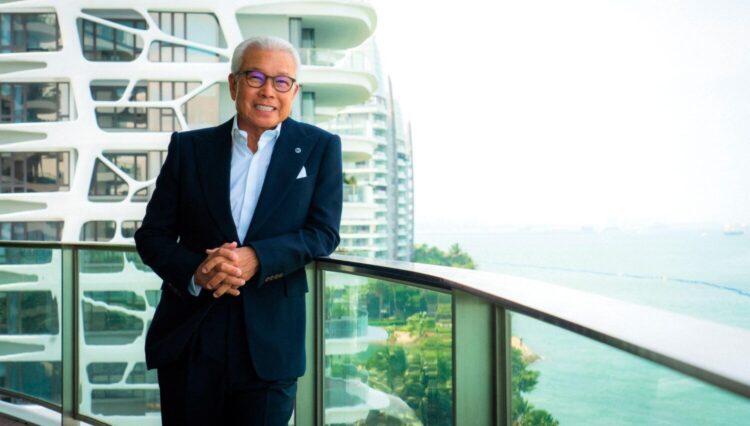
The OTP is a legal document granting the buyer the right to purchase the property within a specific timeframe. A deposit, typically 1% of the property’s price, must be paid at this stage.
5. Pay the Required Deposit
Upon accepting the OTP, an additional deposit (usually 4% of the purchase price) is required to proceed with the transaction.
6. Engage a Conveyancing Lawyer
Legal representation is necessary to handle paperwork, ensure compliance, and facilitate the transfer of ownership.
7. Complete the Transaction and Receive Keys
After finalizing the legal and financial aspects, the buyer takes possession of the property, with ownership officially transferred.
The Bottom Line
Purchasing property in Singapore as an expat requires careful planning, financial readiness, and compliance with local regulations.
While private condominiums remain the most accessible option, buyers must account for high stamp duties and mortgage limitations. Seeking legal and financial guidance can simplify the process, ensuring a secure and informed investment.
 Hi Boox Popular Magazine 2024
Hi Boox Popular Magazine 2024
